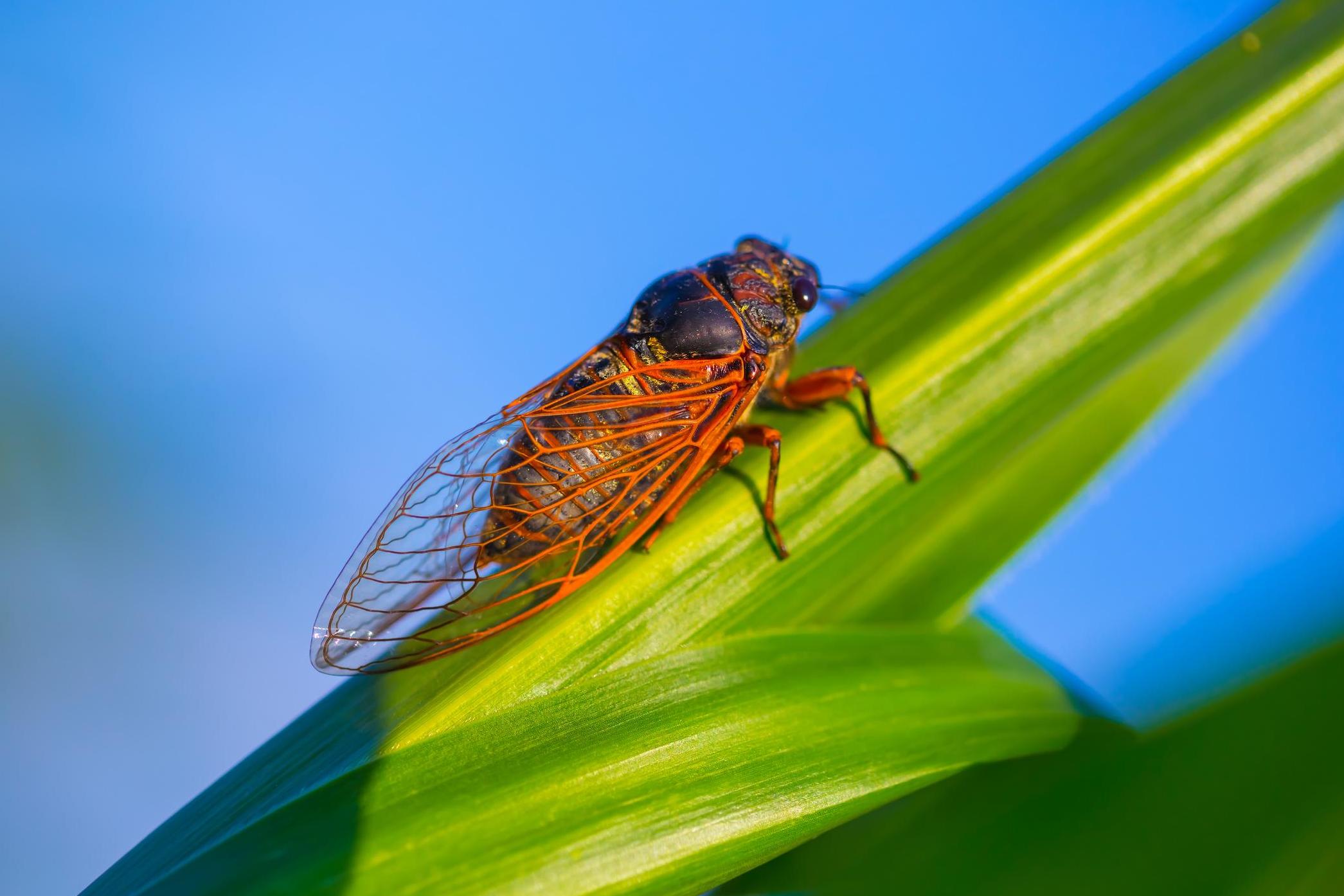Why insects are more vulnerable to climate change
There are some major gaps in understanding insect responses to climate change, reports Furvah Shah

Insects struggle to adapt to extreme temperatures making them more vulnerable to climate change, according to a new study.
Researchers at the University of Bristol studied over 100 species of insects and found they struggle to adjust their thermal limits to different temperatures.
Insects act as pollinators, crop pests and disease vectors and a decline in different species could cause long-term environmental issues such as pest outbreaks.
To adapt to extreme temperatures, insects use acclimatisation which is where the limits of previous thermal exposure are pushed. This can cause physiological changes and researchers discovered that insects struggle to do this effectively.
Insects acclimatisation of both upper and lower critical thermal limits was weak, as for each 1C shift in exposure, limits were adjusted by only 0.092C and 0.147C respectively.

However, they found juvenile insects are more able to acclimatise, which shows that there are critical periods of life when experiencing extreme weather can later improve resilience.
The study’s lead author, Hester Weaving of Bristol’s School of Biological Sciences, said: “As temperature extremes become more intense and frequent in our warming world, many insects will have to rely on shifting to new ranges or changing their behaviour to cope, rather than being able to physiologically tolerate wider temperatures.
“Our comparative study identified some major gaps in understanding insect responses to climate change and we urge for more studies on species in underrepresented groups and locations.”



Join our commenting forum
Join thought-provoking conversations, follow other Independent readers and see their replies
Comments